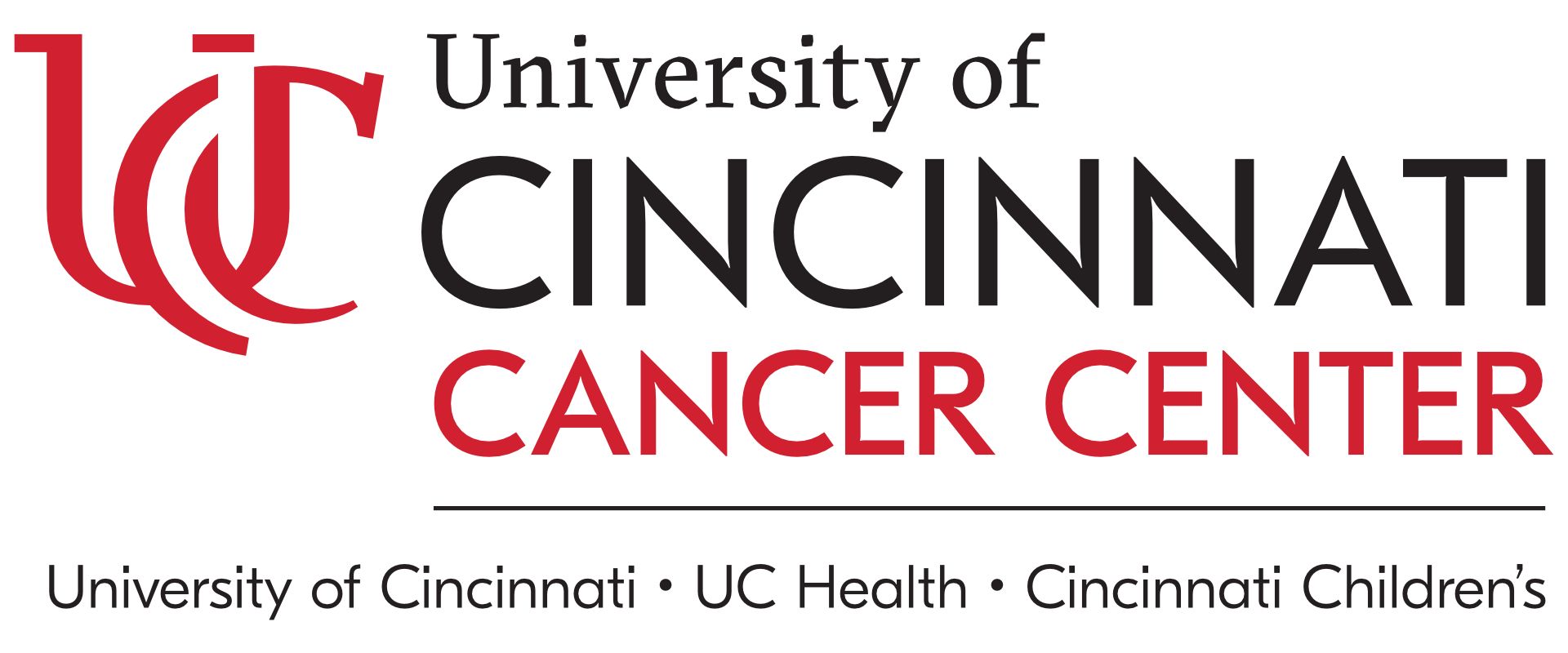
Dr. Herzog on the FDA Approval of Mirvetuximab Soravtansine in FRα–positive Gynecologic Cancers

Thomas Herzog, MD, discusses how the recent FDA approval of the novel antibody-drug conjugate mirvetuximab soravtansine-gynx ameliorates unmet need in platinum-resistant, folate receptor alpha–positive gynecological cancers.
Thomas Herzog, MD, deputy director, University of Cincinnati Cancer Center, member, Board of Directors, Gynecologic Oncology Group (GOG) Foundation, associate director, GOG Partners, discusses how the recent FDA approval of the novel antibody-drug conjugate (ADC) mirvetuximab soravtansine-gynx (Elahere) ameliorates unmet need in platinum-resistant, folate receptor alpha (FRα)–positive gynecological cancers.
The majority of patients with stage III and IV ovarian cancer will experience tumor recurrence during the course of their disease and become platinum-resistant, Herzog begins. Prognosis for these patients is further hindered by a lack of effective treatment options in the armamentarium, he says. The FDA approval of mirvetuximab soravtansine addresses the need for novel agents in the platinum-resistant space, Herzog explains.
Mirvetuximab soravtansine was granted accelerated approval on November 14, 2022, for patients with FRα-positive, platinum-resistant epithelial ovarian, fallopian tube, or primary peritoneal cancer, who have progressed on 1 to 3 prior lines of systemic therapy, Herzog says. The agent was approved based on results from the phase 3, single-arm SORAYA trial (NCT04296890), which compared the agent's efficacy and safety to the investigator's choice of chemotherapy. The study's primary end point was overall response rate (ORR).
Efficacy data showed that single-agent mirvetuximab soravtansine elicited an ORR of 31.7% in the overall patient population, Herzog contnues. This result was consistent regardless of the number of prior lines of therapy or previous exposure to PARP inhibitors and compares favorably toresponse rates for other single-agent therapies.
Subsequent trials have sought to investigate the efficacy and safety of mirvetuximab soravtansine in FRα-positive gynecologic cancers, including the phase 2 PICCOLO trial (NCT05041257) and phase 3 GLORIOSA trial (NCT05445778). Additionally, the confirmatory phase 3 MIRASOL study (NCT04209855) of single-agent mirvetuximab soravtansine vs investigator's choice of therapy has completed accrual and results are pending, he concludes.
Editor's Note: Dr. Herzog reports serving as a scientific advisor for AstraZeneca, Aravive, Caris, Clovis, Eisai, Epsilogen, GSK, Merck, Roche and Seagen.




































